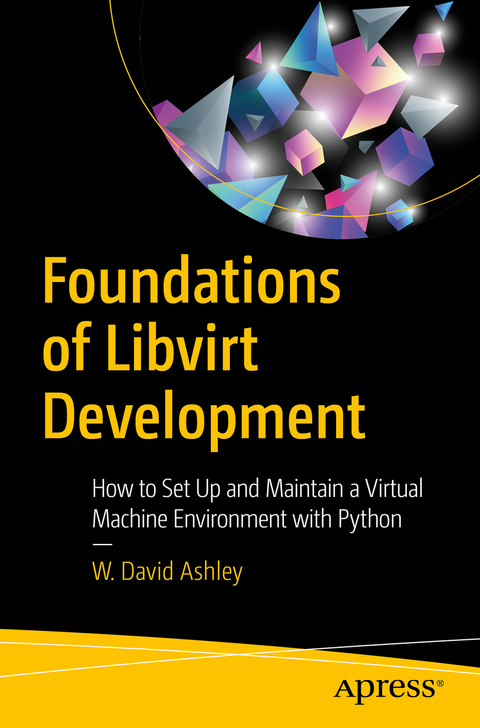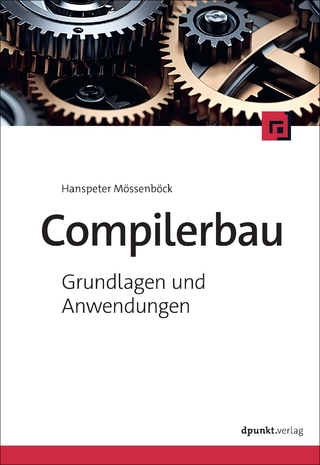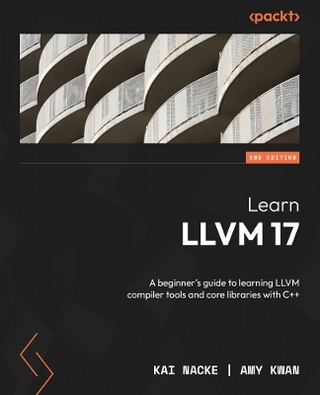
Foundations of Libvirt Development
Apress (Verlag)
978-1-4842-4861-4 (ISBN)
You'll start by reviewing virtualization in general and then move on to libvirt-specific concepts using Python, including virtualized operating systems and networks, connections, storage pools, and event and error handling. This work concludes with a comprehensive look at the XML schema definitions for domains, networks, devices, network filtering, storage, node devices, and more.
The libvirt API covers the entire life cycle of virtual objects, from creation to destruction. It contains everything needed for the management of a virtual object during that life cycle. While libvirt has APIs that support many languages, Foundations of Libvirt Development concentrates on Python exclusively, and how to use the APIs to control virtual machines under the QEMU/KVM system. and more.
What You'll Learn
Interface Python to the libvirt library.
Review the class layout and methods of the libvirt library.
Install and manipulate virtual machines via Python/libvirt.
Create XML to manipulate domains, networks, and devices.
Write Python programs to perform libvirt functions without human intervention.
Who This Book Is ForMaintainers of virtual machines in a UNIX/Linux environment ranging from managing code on a single virtual machine through an entire installation of virtual machines.
W. David Ashley is a technical writer for SkillSoft where he specializes in open source, particularly Linux. As a member of the Linux Fedora documentation team he recently led the Libvert project documentation, and wrote the Python programs included with it. He has developed in 20 different programming languages during his 30 years as a software developer and IT consultant, including more than 18 years at IBM and 12 years with American Airlines.
1. Introduction.- 2. Architecture .- 3. Connecting To Domains .- 4. Guest Domains.- 5. Storage Pools and Volumes.- 6. Virtual Networks.- 7. Network Interfaces .- 8. Error Handling .- 9. Event And Timer Handling.- 10. Using the QEMU Guest Agent .- 11. Debugging and Logging .- 12. A Sample Problem .- 13. Storing Information About Virtual Machines.- 14. Securing Virtual Machines .- Appendix A. Libvirt XML Schemas.
| Erscheinungsdatum | 05.07.2019 |
|---|---|
| Zusatzinfo | 13 Illustrations, black and white; XIX, 408 p. 13 illus. |
| Verlagsort | Berkley |
| Sprache | englisch |
| Maße | 155 x 235 mm |
| Themenwelt | Mathematik / Informatik ► Informatik ► Programmiersprachen / -werkzeuge |
| Informatik ► Theorie / Studium ► Compilerbau | |
| Schlagworte | KVM • Migration • oVirt Virtualization • Paravirtualized • Virtual CPU • virtualization • Virtual Network • Virtual Storage |
| ISBN-10 | 1-4842-4861-9 / 1484248619 |
| ISBN-13 | 978-1-4842-4861-4 / 9781484248614 |
| Zustand | Neuware |
| Haben Sie eine Frage zum Produkt? |
aus dem Bereich


